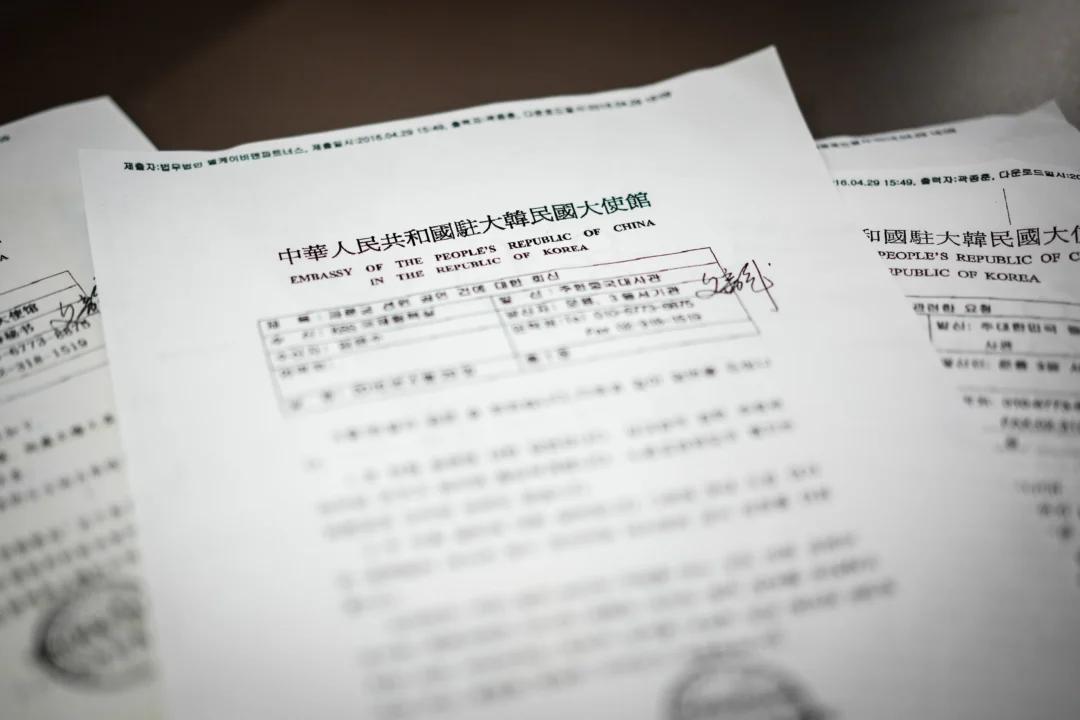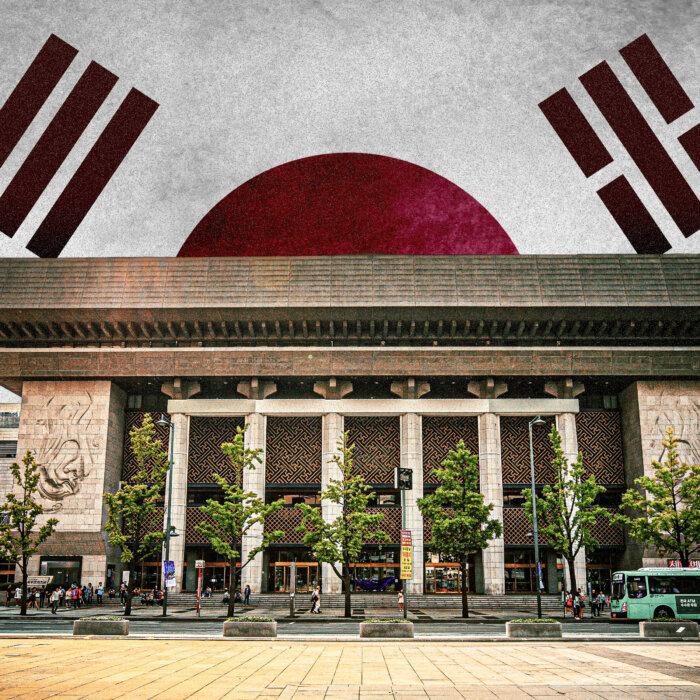For years, the Chinese Communist Party (CCP) has worked behind the scenes to pressure theaters in South Korea and around the world not to host New York-based Shen Yun Performing Arts.
Now, a Chinese communist official has gone on record as saying that the regime is actively trying to block the U.S. company from performing in South Korea.
“The Chinese Embassy has been informing the Korean side of the Chinese position against the Shen Yun performance,” Zhang Jiafan, public relations officer at the Chinese Embassy in Seoul, told The Epoch Times’ sister outlet NTD.
“We tell them it’s not legal to let Shen Yun Performing Arts ... apply [for] permission in a Korea theater to have their performances. This is our position.”
The admission is a rare acknowledgement from Chinese authorities of its coercion campaign to tilt policies in its favor and of the extent of its influence to muzzle companies—even on foreign soil.
Based in New York, Shen Yun Performing Arts’ mission is to present 5,000 years of Chinese heritage through classical dance and music. Its eight companies tour the world each year and perform at top venues such as New York’s Lincoln Center, Washington’s Kennedy Center Opera House, and Paris’s Palais des Congrès.
The CCP has made Shen Yun a target of an unrelenting campaign spanning nearly two decades, deploying phone calls, letters, personal visits, and other methods to disrupt its performances.
Shen Yun is banned from performing in China because of its portrayal of classical Chinese culture and the Communist Party’s efforts to destroy it, including the persecution of religious believers such as Falun Gong practitioners.
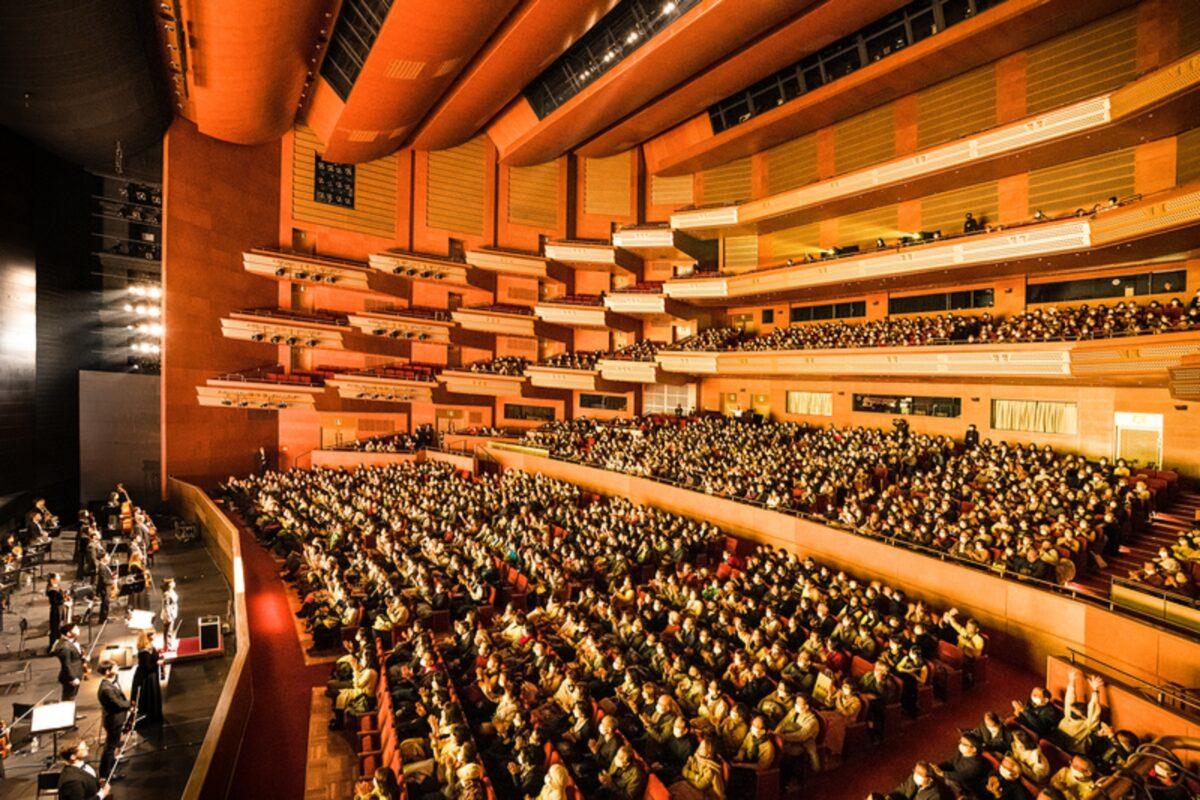
The Chinese Embassy official insisted that Chinese officials “never threaten” Korean entities and government officials, claiming, “We just tell them the truth that they don’t know.”
Documents obtained by The Epoch Times have also shed light on Beijing’s coercive tactics.
These tactics often include threats to theaters from the country’s Chinese embassy, outlining financial and diplomatic repercussions should they choose to host Shen Yun.
In one instance, South Korea’s Incheon Culture and Arts Center denied Shen Yun’s application for its 2023 tour over fears of possible damage to relations with China, according to local organizers.
The Chinese embassy has also written to the national public broadcaster Korean Broadcasting System (KBS), demanding that it not let Shen Yun perform at its Seoul-based venue, the KBS Hall.
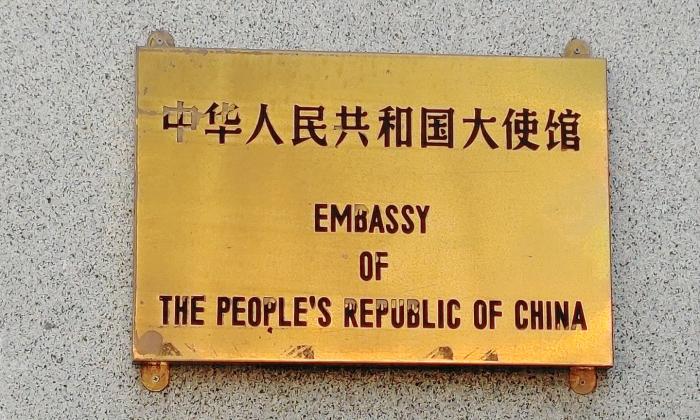
In a court battle in 2016 after KBS acquiesced to the Chinese demands and canceled its contract with Shen Yun, the court initially sided with the show organizers. Just 48 hours before the scheduled performance, however, it reversed the decision, citing the prospect of KBS being unable to broadcast its content in China and citing potential financial losses. The company had to refund all tickets as a result.
Greg Scarlatoiu, executive director of the Committee for Human Rights in North Korea, said that the case demonstrates Beijing’s ability to capitalize on investment ties to exert influence in South Korea.
“This is a rather blunt, blatant, rude, undiplomatic, at the very least, interference with the fundamental rights and freedoms embedded in the very Korean constitution,” he told NTD. “Why? Because China has the leverage.”
‘Cultural Warfare’
The Chinese regime has long been known for its efforts to influence the international arena and “bully other countries,” be it through the United Nations, loans to smaller nations, state-funded language programs at U.S. universities, or covert police stations in New York, Rep. Nicole Malliotakis (R-N.Y.) said.She said that it isn’t a shock to her that the regime is “starting to use this pressure campaign against even theaters that would share traditional Chinese culture—particularly when it’s billed as traditional Chinese culture prior to communism.”
“I’m not surprised to see that the CCP is doing everything it can to suppress that freedom of expression and performance, because it doesn’t fit their narrative,” Ms. Malliotakis told NTD. “We have to just continue to challenge it at every turn.”
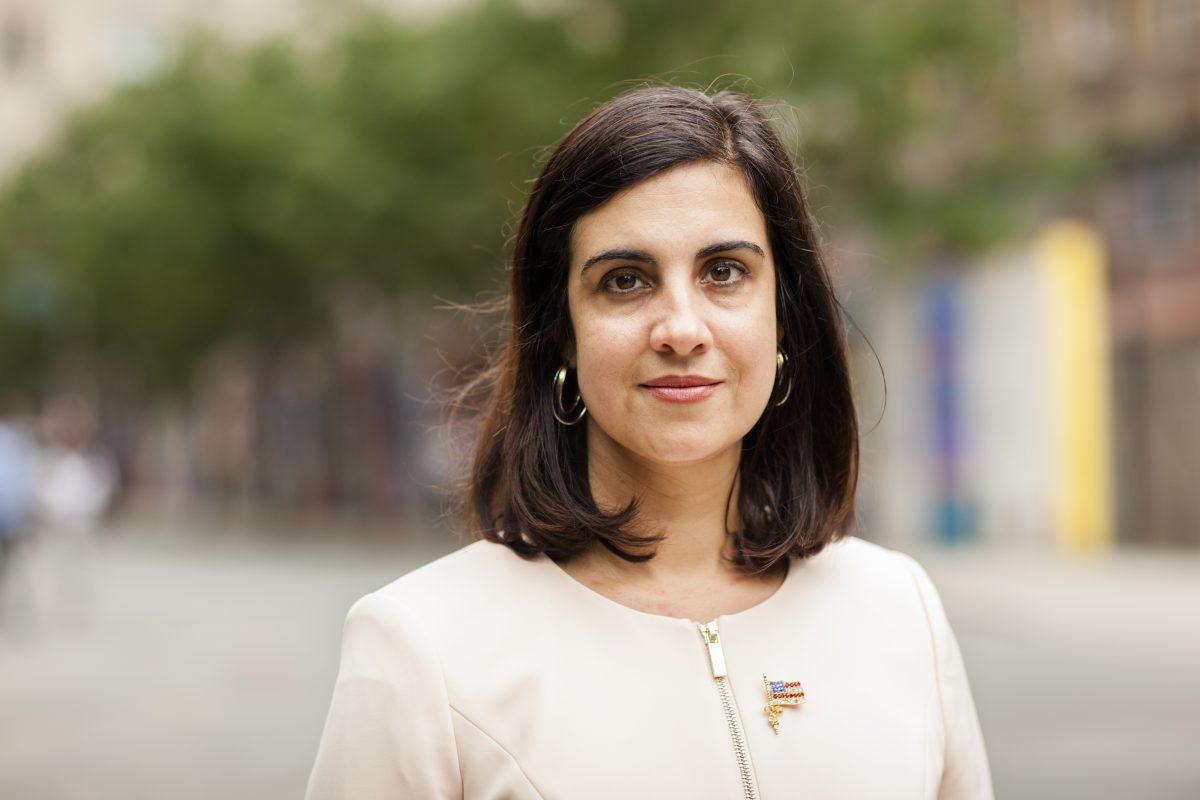
Tara O, an adjunct fellow at the Hudson Institute with a research focus on South Korea’s political and economic system, called the Chinese interference campaign “another cultural warfare.”
“It’s blocking the culture so that it cannot be seen by South Koreans,” she told NTD.
The regime’s fear toward Shen Yun is rooted in its desire for control, Ms. O said.
The Chinese regime “wants to promote itself as the legitimate authority over the entire China,” she said.
But by showcasing “pre-CCP culture,” it shows that it’s possible “[to] run China by some other authority other than the CCP—and I think that’s their concern,” Ms. O said.
Ms. Malliotakis, who met South Korean President Yoon Suk Yeol during her August visit to South Korea, said she got the sense that the country’s leaders are “certainly looking for opportunities to be less dependent on China, to work more with the United States.”
The United States, like South Korea, has been “very dependent on communist China for certain things, and we are seeking to change that,” she said.

As a member of the House Committee on Ways and Means, which handles policy regarding trade negotiations, Ms. Malliotakis said that she wants to express to South Korean officials that “we don’t appreciate that an American dance company is not being allowed to perform there because of pressure from communist China.”
She hopes that Korean officials will “rectify the situation” and get Shen Yun into theaters.
“It is a beautiful traditional dance, sharing the Chinese culture—yes, before communism—but that’s the tradition of the country and the people, and it should be shared,” she said.
